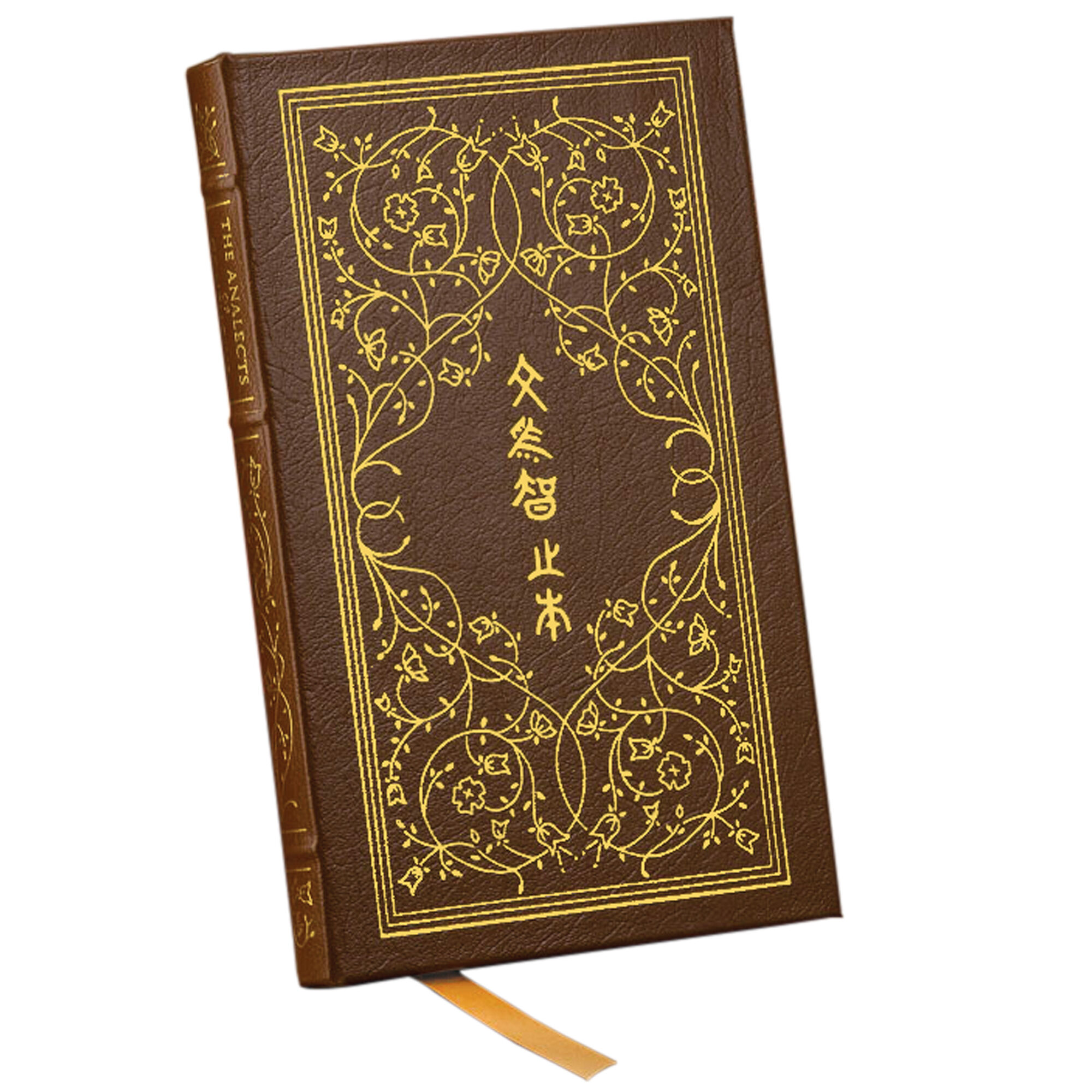

'When you have faults, do not fear to abandon them.'ĬHAP.

'Have no friends not equal to yourself.Ĥ. 'Hold faithfulness and sincerity as first principles.ģ. Will not call forth any veneration, and his learning will not be solid.Ģ.

The Master said, 'If the scholar be not grave, he Has not learned, I will certainly say that he has.'ĬHAP. With his friends, his words are sincere:- although men say that he If, in serving his prince, he can devote his life if, in his intercourse Virtuous if, in serving his parents, he can exert his utmost strength The love of beauty, and applies it as sincerely to the love of the Tsze-hsia said, 'If a man withdraws his mind from Burton Watson's concise translation uses the pinyin romanization system and keeps explanatory notes to a minimum, yet his intimate knowledge of the Confucian tradition and precise attention to linguistic detail capture the original text's elegance, cogency, and wit.CHAP. The single most influential philosophical work in all of Chinese history, The Analects of Confucius has shaped the thought and customs of China and neighboring countries for centuries. He also discusses ancestor worship and other rites performed for the spirits of the dead. Confucius's teachings focus on cultural and peaceful pursuits and the characteristics of benevolent and culturally distinguished government. Filled with humor and sarcasm, it reads like a casual conversation between teacher and student, emphasizing the role of the individual in the attainment of knowledge and the value of using historical events and people to illuminate moral and political concepts. Reflecting the model eras of Chinese antiquity, the Analects offers valuable insights into successful governance and the ideal organization of society. Compiled by disciples of Confucius in the centuries following his death in 479 B.C.E., The Analects of Confucius is a collection of aphorisms and historical anecdotes embodying the basic values of the Confucian tradition: learning, morality, ritual decorum, and filial piety.


 0 kommentar(er)
0 kommentar(er)
